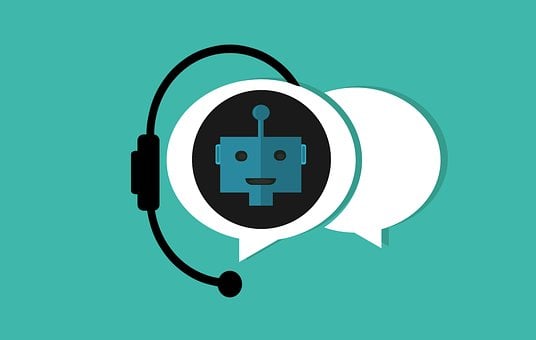May 27
2020
How Chatbots Are Relieving Pressure On Healthcare Systems and Saving Lives During COVID-19

Chatbots have come of age. And they’ve come a long way from the clumsy pop-ups once deployed on websites to generate leads. Thanks to Artificial Intelligence, the latest generation of chatbots are more clever than ever and are increasingly playing a role in the global fight against COVID-19.
Chatbots on the Front Lines
You might not expect to find chatbots on the front lines of a public-health crisis, but multiple hospitals and health organizations have recognized their value at a time when all human hands are on deck. Take Hyro’s COVID-19 Virtual Assistant, for example, this free AI-powered, corona-focused chatbot answers questions, parses responses, poses follow-up queries of its own, triages symptoms and addresses patients’ concerns while sharing important information from the CDC and WHO.
The Hyro COVID-19 Virtual Assistant can be embedded on websites, call centers, and apps, allowing patients to freely interact with it via voice and text using their own natural language. In essence, this data-driven virtual assistant assumes the role of a human point of contact, relieving strain at a time when health organizations are increasingly overloaded. Hyro, a member of Microsoft’s Partner Network, has been entrusted by a number of healthcare facilities including New York’s Montefiore Hospital, the Austin Regional Clinic, and Ohio’s Fisher-Titus Medical Center. The tech startup has made the plug-and-play chatbot completely free for the purposes of combatting the outbreak.
How Chatbots Are Sparking Conversation
This isn’t the only example of a chatbot being integrated into the typical patient journey: developers such as Txtonomy and Orbita and have created similar conversational AI tools to help combat the rampant spread of misinformation related to Covid-19 and support medical professionals in screening patients and educating worried citizens. The UK government introduced a special WhatsApp chatbot for the same reasons. Could this be an insight into the future of healthcare: clinical smart-bots handling preliminary inquiries, screening and funnelling patients accordingly, introducing efficiencies in testing and treatment?